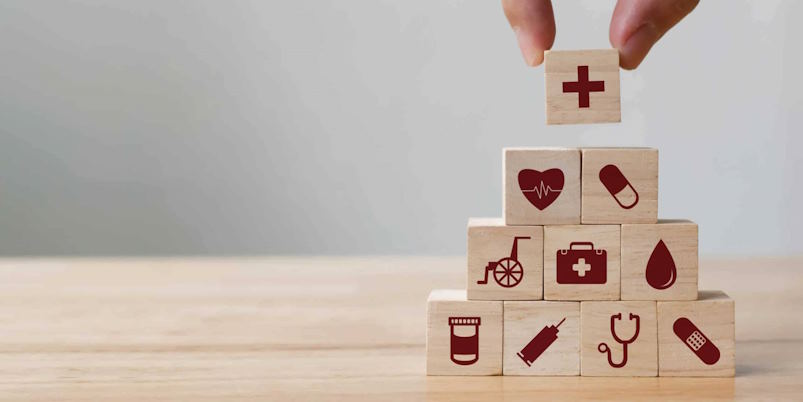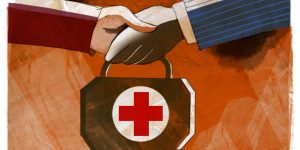In the tapestry of human rights, access to healthcare and necessities stands as fundamental threads that weave the fabric of well-being and dignity. Initiatives supporting free or subsidized medical care and the provision of essentials like food, shelter, and clean water play a pivotal role in ensuring that no one is left behind in pursuing a healthier, more dignified life.
Importance of Access to Healthcare
Access to healthcare is not merely a privilege but a fundamental human right. It encompasses medical treatment, preventive care, medication, and mental health support. Initiatives that provide free or subsidized medical care bridge the gap for individuals and communities otherwise unable to afford essential healthcare services. This access is a cornerstone in fostering healthier communities and reducing disparities in health outcomes.
Initiatives Supporting Healthcare Accessibility
Healthcare initiatives vary in scope and reach. Some are community-based clinics providing free consultations and treatments, while others offer subsidized healthcare programs targeting specific demographics, such as children or older people. Governments, NGOs, and charitable organizations often collaborate to establish these initiatives, ensuring quality healthcare reaches those most in need.
Impact of Basic Necessities on Well-being
Beyond healthcare, access to necessities—food, shelter, clean water, and sanitation—is indispensable for human dignity and vitality. Adequate nutrition, safe shelter, and clean water are essential for physical health, mental well-being, and overall quality of life. Initiatives focusing on providing these necessities uplift communities, laying the groundwork for healthier, more resilient societies.

Initiatives Supporting Basic Needs
Efforts to provide necessities often involve:
- Food distribution programs.
- Housing initiatives for people experiencing homelessness.
- Access to clean water and sanitation facilities.
- Educational programs promoting hygiene and sanitation practices.
Collaborative efforts between governments, non-profits, and community groups ensure these essentials reach marginalized populations.
Empowering Communities Through Support
Access to healthcare and necessities empowers individuals and communities. Healthy individuals are better equipped to contribute positively to society, pursue education, and engage in economic activities. When basic needs are met, individuals are better positioned to fulfill their potential, breaking the cycle of poverty and paving the way for a brighter future.
Challenges and the Way Forward
Challenges in ensuring universal access to healthcare and necessities persist. Resource constraints, unequal distribution, and logistical hurdles often impede efforts. Addressing these challenges requires sustained commitment, innovative solutions, and collaborative partnerships that prioritize the well-being of all.



